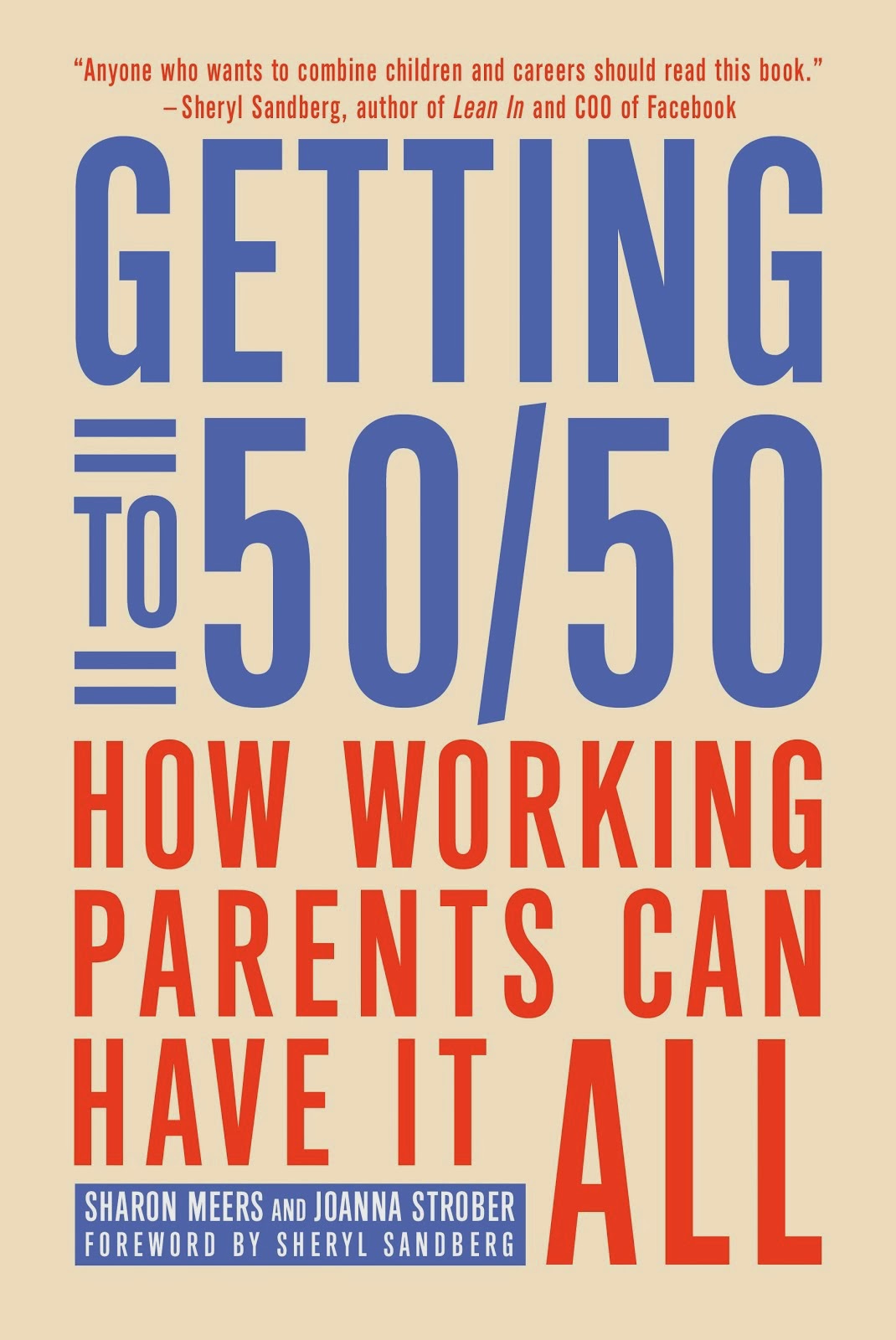 “Yes we can” was Obama’s great rallying cry – what happens when we girlfriends adopt it as our own? Marathoners Paula Radcliffe and Kara Goucher just reminded me. The New York Times tells how Goucher went to Radcliffe for advice – how to compete at the top while pregnant. Since Radcliffe herself was pregnant (2nd child), she had both tips and camaraderie to offer.
“Yes we can” was Obama’s great rallying cry – what happens when we girlfriends adopt it as our own? Marathoners Paula Radcliffe and Kara Goucher just reminded me. The New York Times tells how Goucher went to Radcliffe for advice – how to compete at the top while pregnant. Since Radcliffe herself was pregnant (2nd child), she had both tips and camaraderie to offer.In contrast, this weekend I watched Tooth Fairy, the movie about a proud hockey player who’s lost confidence in himself and throws cold water on the dreams of others. I thought of an otherwise kind women who looked a me when I was returning to work after having my first child. “Yeah, I tried to go back full-time too. It just doesn’t work – you’ll learn!” she told me. I know she meant well – she wanted to save me the sadness she’d felt when things didn’t play out the way she wanted. That exchange made me realized how hard it is sometimes to put aside disappointments and cheer our friends on to succeed – especially about things that have been rough for us.
Gretchen Rubin, in her great book The Happiness Project has a fix: To remember that, more than any other kind of gift, what our friends need is food for their dreams -- encouragement and faith to help them surmount the odds. This rang true to me. While we women are great at comforting each other when life is hard, as a group, we are less prone to say, "Damn the torpedoes, full speed ahead!" So when female friends remind me to keep my sights high, that indeed is something of rare value.
After I’ve done my moping about whatever it may be, the kindest friend is the one who puts her arm around me and says: “Yup, it’s tough. So are you going to give up? Or pick up your chin and get back in there.” If we want more girl power, we need to give and receive the kind of candid gifts that allow women to reach for the gold.
Time’s “New Sheriffs of Wall Street” cover this week shows what good things happen when females despite adversity, muscle through – the heads of the SEC, FDIC and TAARP are are three amazing women. They know what I try to remember: Life is a marathon, not a sprint.
By Sharon Meers




